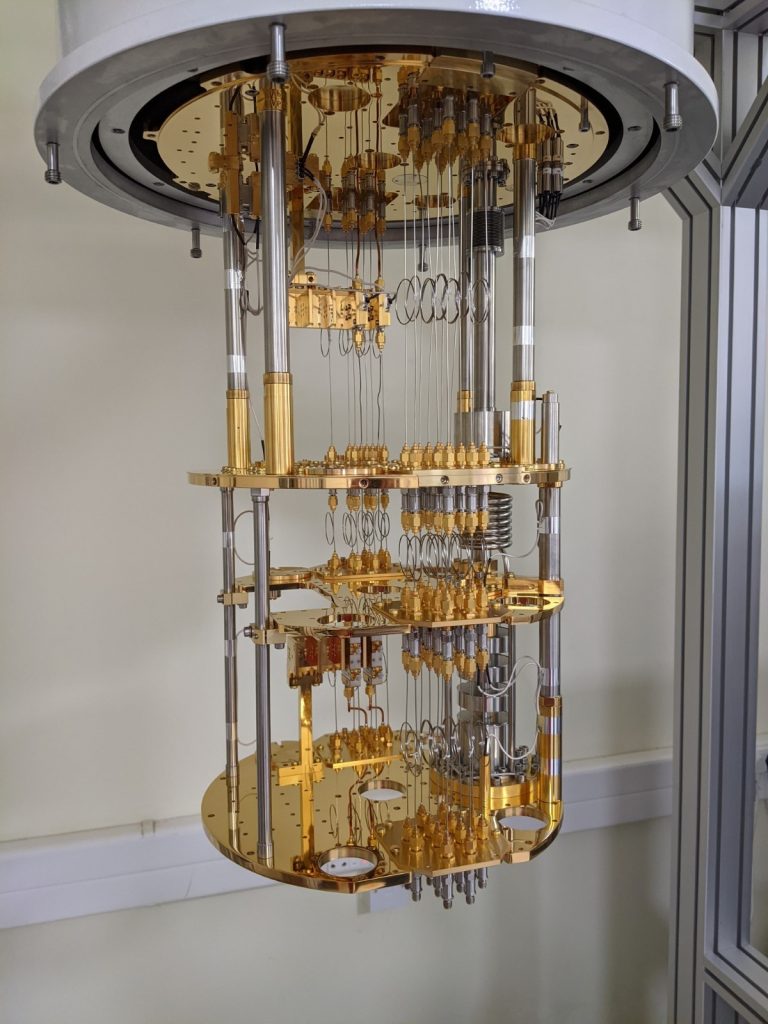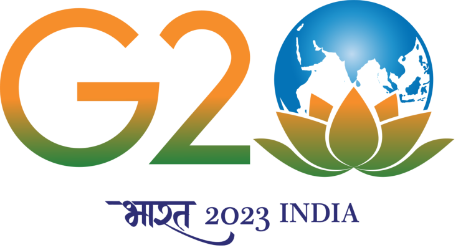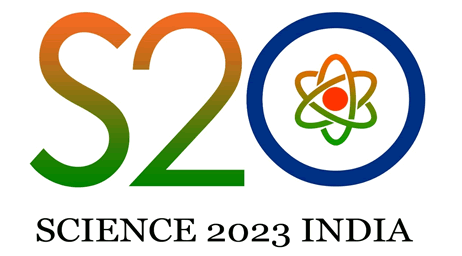India’s Quantum Ambitions
Accelerating the application of quantum technologies

The 2022 Nobel Prize in Physics was awarded to Alain Aspect, John Clauser, and Anton Zeilinger for their groundbreaking experiments on quantum entanglement, a mystifying phenomenon in which two subatomic particles can influence each other’s behaviour, even if they are separated by a vast distance. Their research lays the groundwork for exploiting this “spooky” phenomenon – as Albert Einstein referred to it – and making the much-anticipated applications of quantum mechanics a reality. These applications include quantum teleportation, secure communications, and building a quantum computer – the holy grail of modern computing.
India officially made its entry into the quantum race when the government announced a National Mission on Quantum Technologies and Applications (NM-QTA) in 2020, with a funding outlay of Rs 8,000 cr (US$ 1.2 billion) spread over five years, along with the National Mission on Interdisciplinary Cyber Physical Systems (NM-ICPS), whose budget is Rs 3,660 cr. NM-QTA, spearheaded by the Department of Science and Technology (DST) under the Government of India, aims to support both basic and applied research on quantum technologies, as well as human resource development, training, entrepreneurship and industry collaborations in this new field.
In the past few years, several research institutes across India have also kickstarted dedicated efforts to further both fundamental understanding of quantum phenomena as well as practical applications.
An example of such an effort is the I-HUB Quantum Technology Foundation, a multi-institutional initiative, established at the Indian Institute of Science Education and Research (IISER), Pune. It is one of the 25 technology hubs funded by DST to the tune of Rs 170 cr (US$ 20 million) over five years under the NM-ICPS. It is expected to function in a hub-and-spoke model that will pool experts from across India to develop applications such as quantum computers, precision sensors, global positioning systems, encrypted communication and novel materials. Apart from scientists at IISER, the network will include researchers from over 20 participating institutes across the country as well as international collaborators. The hub is also expected to foster startups, training, and the setting up of research infrastructure in the participating institutes.
Down south, at the Indian Institute of Science (IISc) in Bengaluru, a new quantum technologies initiative called IQTI was launched a couple of years ago with support from the Ministry of Electronics and Information Technology (MeitY), Government of India. IQTI brings together physicists, material scientists, computer scientists and engineers to work on cutting-edge problems in quantum science and technology. With more than 40 faculty members working on diverse questions, the initiative will not only support basic research but also the building of indigenous hardware and elementary components needed for quantum devices. One such device will be an 8-qubit quantum processor (qubit represents the basic unit of quantum information, similar to a bit in a classical computer).
Other examples of institutional efforts include the Quantum Information and Computing (QuIC) lab at the Raman Research Institute (RRI), Bengaluru, which is working on manufacturing and establishing entangled photon sources for various applications, and the Indian Institute of Technology (IIT) Madras, which has set up an interdisciplinary Centre for Quantum Information, Communication and Computing.

It’s not just academic institutions that are jumping into the quantum fray. The Indian Army, for example, has recently set up a quantum computing lab and a centre for artificial intelligence at a military engineering institute in the state of Madhya Pradesh.
India’s top government science agencies – the Indian Space Research Organisation (ISRO) and the Defense Research and Development Organisation (DRDO) – have also made significant leaps forward in at least one area of research in the field: quantum communication, which involves securely transmitting information via streams of photons over long distances. Earlier this year, researchers at DRDO collaborated with the Indian Institute of Technology (IIT) Delhi to establish a quantum communication link using an optical fiber over a distance of 100 km.
The underlying technology driving such a link is Quantum Key Distribution (QKD). QKD allows users at both ends to create exclusive secret keys – which cannot be cracked easily by a third party without being detected – to encrypt and decrypt information. Other groups have gone even further – transmitting information using QKD in free space. In a demonstration carried out in January 2022, scientists from the Space Applications Centre, ISRO and the Physical Research Laboratory (PRL) showed that encrypted text, images and videos can be transmitted securely between two buildings separated by a distance of 300 metres using just the atmosphere as the medium. In a press release, the agency stated that this was “yet another significant step towards the development of the planned Satellite Based Quantum Communication (SBQC).”
These agencies are also partnering with the industry to expand the use of quantum computing. For example, the Quantum Computing Applications Lab (QCAL), a collaboration between MeitY and Amazon Web Services (AWS), is being supported by the Office of the Principal Scientific Adviser (PSA) to the Government of India. It seeks to provide quantum computing as a service on the cloud to government ministries and departments, as well as researchers and developers. ISRO’s private arm, IN-SPACe, has also partnered with a Bengaluru startup called QNu labs to create satellite QKD products.
As the country move towards a quantum future, education has remained a key priority. Some institutes like IISc have started Master’s degree programmes in quantum technologies. In 2021, IISc, IIT Roorkee, MeitY and the Centre for Development of Advanced Computing (C-DAC) came together to launch the country’s first Quantum Computing Simulator (QSim) toolkit. The indigenous platform provides students and researchers an opportunity to tinker with quantum circuits and programs, write and debug quantum code, and a host of other learning experiences. Such efforts can inspire a new generation of researchers to pursue careers in this emerging and promising field.
– Ranjini Raghunath

